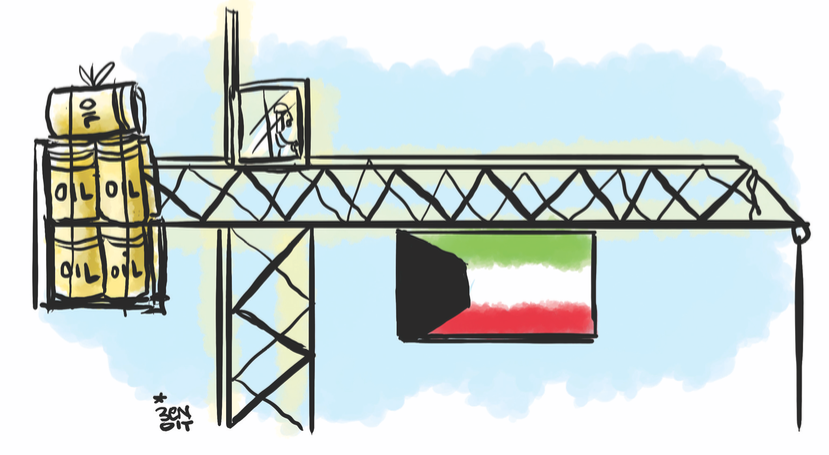Kuwait accounts for about 10% of the world’s oil reserves and has benefitted from recent high oil prices, as well as political stability and economic growth. Yet the country plans to diversify its economy away from the oil sector to include infrastructure, tourism and construction. Still, the construction sector contributes only 6% to the nation’s economy, while the oil sector accounts for 55% of GDP, 95% of expatriate revenues and 80% of government income, according to the Oxford Business Group (OBG). The country is far behind its neighboring economies in terms of growth in the property market, mainly due to the lack of transparency on real estate information, lack of trading savy among investors, lack of regulations, restriction of foreign ownership and scarcity of lending facilities.
According to the National Bank of Kuwait (NBK), 2008 has not been very prosperous as the first nine months of the year witnessed a 28% drop in real estate sales compared to the same period in 2007. The number of transactions also fell by 32%. The decline in sales occurred mostly in residential property — which accounts for around 80% of market activity — with value and unit sales declining by 36% and 38%, respectively.
Poor government regulations and a massive bureaucracy have caused local investors to focus on foreign investment rather than expanding domestic supply. Moreover, according to the Kuwaiti Financial Center (Markaz), high land prices are restraining growth in the real estate sector by decreasing demand and making new developments less affordable.
Expatriates, who account for 68% of the total population, are still not allowed to own real estate, thus holding back the flow of investment and inducing expatriates to search for better opportunities in other Gulf countries. In October, the cabinet announced it plans to allow GCC nationals to own land and property in an effort to open up the sector and encourage foreign investment.
According to OBG, in the next five years around $8 billion of private investment and $3 billion of government investment is expected to come into the sector. Some of the major projects include Gailakha Island, Bubiyan Island, Project Kuwait, Khairan and Arifijian residential projects. Overall, new construction is expected to reach $129 billion in 2010.







